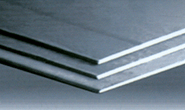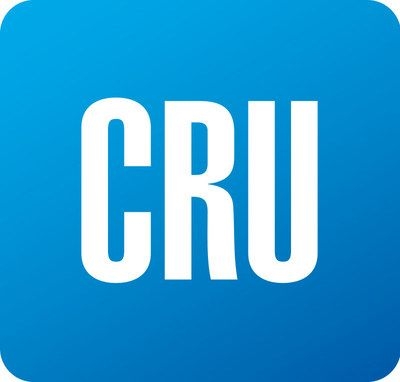Market

July 30, 2022
Plate Market Report: Is There a Chink in the Price Armor?
Written by David Schollaert
US plate prices were largely unchanged this week, but probably not for long now that Nucor has significantly lowered plate prices with the opening of its September plate order book.
The move came after Nucor in early July kept prices flat with the opening of its August order book.
Discrete plate prices, as well as prices for normalized plate, were lowered by $120 per ton ($6 per cwt), while cut-to-length plate prices will be $80 per ton ($4 per cwt) lower.
Don’t expect much change in buying patterns for the time being. Plate buyers told SMU this week that sourcing remains strictly tied to specific project needs. They continue to maintain lean inventories, only taking volumes to fill gaps.
Steel Market Update’s (SMU) most recent check of the market on July 26 places plate prices between $1,760-1,860 per net ton ($88-93/cwt) with an average of $1,810 per ton ($90.5/cwt) FOB mill, according to our interactive pricing tool (Figure 1).
The roughly 7% decline in Nucor’s plate prices was notable and is likely to drive US prices lower. Sources said it was overdue and there’s still substantial room for prices to fall, especially given that plate prices are still more than double those for hot band.
SMU’s HRC price has declined by roughly $350 per ton ($17.5/cwt) over the same period, falling from an average of $1,190 per ton in early June to $840 per ton, FOB mill, as of July 26.
If the delta remains at such historic levels, more imports could find their way to US ports.
Foreign plate with Q4 arrival is priced between $1,620-1,660 per ton ($81-84/cwt), according to SMU sources. Current offers for South Korean plate with November ship dates are $1,480 per ton ($74/cwt) ex-doc duty paid to Los Angeles area ports.
SMU sources generally agree that the steel plate market is stable but the existing spread is unsustainable. Demand is likely to tail off slightly while prices should correct further, following a similar move seen across sheet products. The decline is not expected to be as precipitous as what we’ve seen for HRC.
The bulk of plate transactions remain at the top of SMU’s range, in line with published and ‘unofficial’ prices from the three major US mills. But sources have noted that some mills are starting to negotiate and are transacting at our lower end.
Cut-to-length and discrete plate lead times are running between 4-7 weeks. But in many cases, material is arriving sooner, between 3-4 weeks. This is another indicator that fundamental steel plate demand is slowing down.
By David Schollaert, David@SteelMarketUpdate.com
The post Plate Market Report: Is There a Chink in the Price Armor? appeared first on Steel Market Update.






